
FEATURES
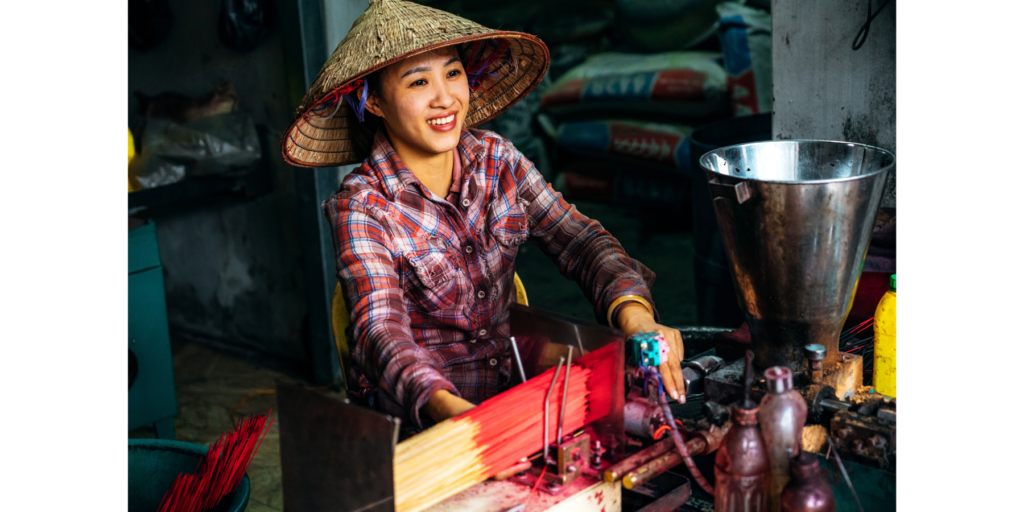
Nearly a year after the World Health Organization declared the end to COVID-19 as a global health emergency, women and girls continue to bear the brunt of the pandemic’s scarring effects. Without intervention, experts anticipate further regression if resources would remain inadequate for gender equality and inclusion (GEI) efforts. Indeed,
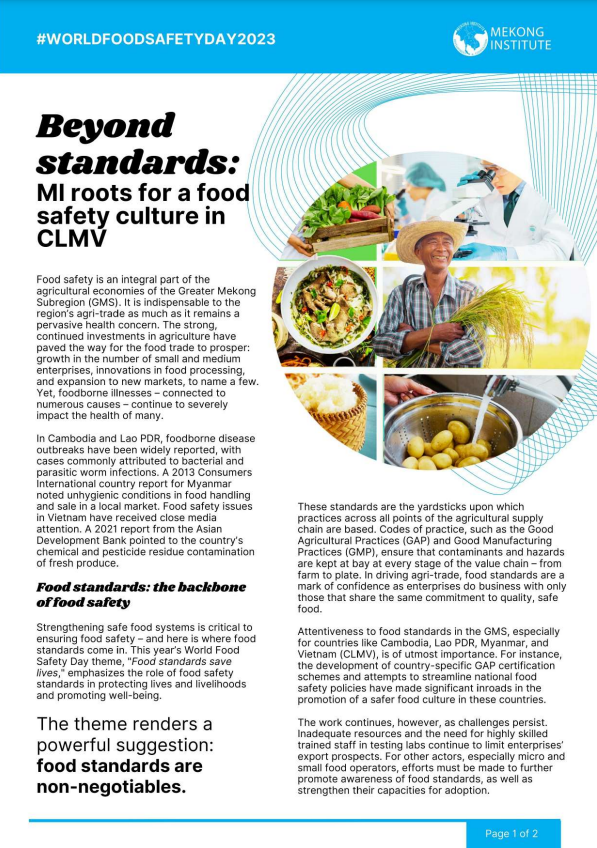

For this year’s World Water Day 2023 celebration, the Mekong Institute (MI) joins the global movement in recognizing the fundamental role of water as a precious resource. The theme of this year’s celebration is “Accelerating Change” which highlights the urgency to solve the water crisis as it affects all of

Author: Than Tha Aung In July 2021, Mekong Institute (MI) and the Thailand International Cooperation Agency (TICA) rolled out its third international online training program on “Gender Equality and Women Empowerment: Sharing Good Practices and Experiences” as part of continuing efforts to enhance governance and accountability towards gender balance. Over

Author: Than Tha Aung The greater Mekong Subregion (GMS) region is prone to various environmental threats, which are compounded by the increasing climate variability. Given the rapid urbanization and massive infrastructure developments, it is projected that the region will be facing a decline in agricultural yield, available fresh water, and
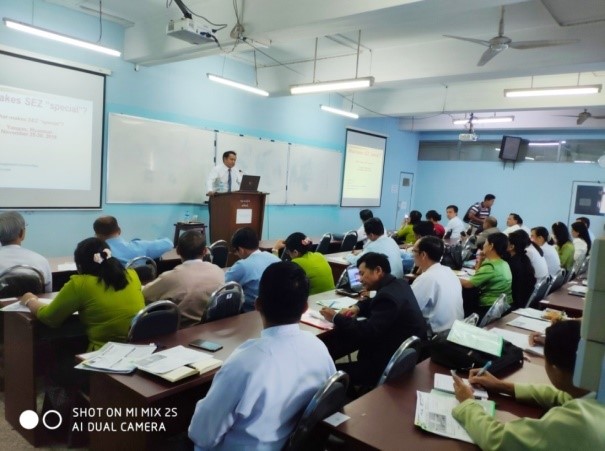
Economic cooperation is central to the development of nations but perhaps more so for the countries in the Greater Mekong Sub-region (GMS). In the GMS, such cooperation has specially been given focus in the development of the economic corridors, designed to improve mobility and connectivity and more importantly, liven up
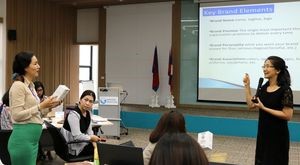
A BRAND WITH A CONSCIENCE It all made sense for Khin Ohmmar Moe, Managing Director of Yangon-based Sabanan Company, Ltd., to connect the dots backwards. What was originally intended as a local trading and women’s garment business would be transformed into a coffee-producing social enterprise. To do well and to
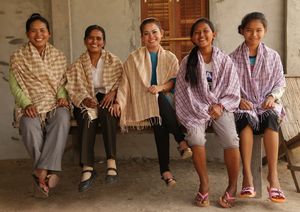
Khmer Artisanry may be a small dot in the growing SME industry of Cambodia but for founder Seila Polham, the positive inroads they have made as an enterprise are more than encouraging — achievements that would not have been possible without the hard work of her weavers, her staff and

A Facebook search on Healthy and Happy Organic Farm (H2O) redirects to a page that speaks for itself—a basket of greens with hints of yellow, purple and red; vermicompost beds lined-up with egg shells and coconut husks; cultivation rows roofed by solar panels; and faces of their veg-loving superheroes. With

Author: Ra Thorng Beginning in 2020, Mekong Institute (MI) and the New Zealand Aid Program (NZAP) launched a series of hybrid PROSAFE forums in Cambodia, Lao PDR, Myanmar, and Vietnam to come out with a cohesive multi-sectoral approach that will scale up the competitiveness and resiliency of the agri-food industry

Small and medium-sized food enterprises (SMEs) are the backbone of Cambodian economy. However, the country’s food manufacturing sector continues to face numerous challenges in ensuring that the food processed and distributed, especially by local agro-processors, are safe.Inadequate resources and expertise remain to be the biggest constraints in complying with a
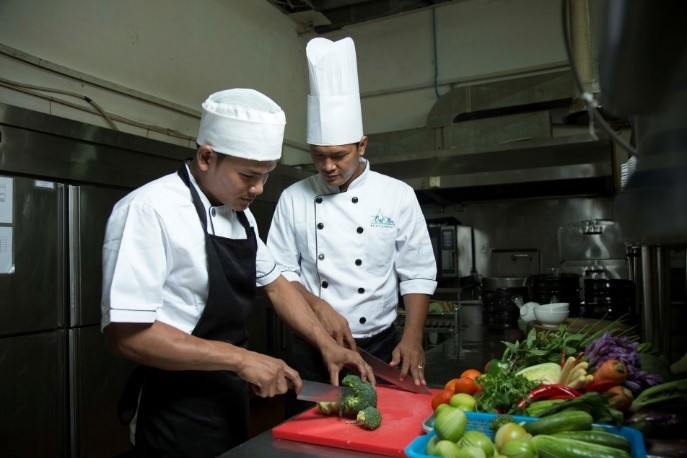
Globalization has sparked an increase in consumer demand for a wider variety of foods, resulting in a longer, if not more complex, global food chain as well as the industrialization of agricultural systems in order to meet this rising demand. This also means that more actors and players are concerned

Author: Maria Theresa S. Medialdia For countries in the Greater Mekong Subregion (GMS), agri-food is a driver of food security, poverty alleviation, and regional economic integration. Given the abundant agri-food diversity in the region, Cambodia, Lao PDR, Myanmar, and Vietnam (CLMV) have tapped these resources to secure holistic socioeconomic development.

AUTHOR: HUYNH THI THUY HANH In Ho Chi Minh City, 95 percent of Vietnamese buy street food. The ubiquitous sight of food stalls, conveniently located in busy streets to alleyways, from school gates to bus stops, markets to the parks, have made street food an indispensable part of locals’ everyday
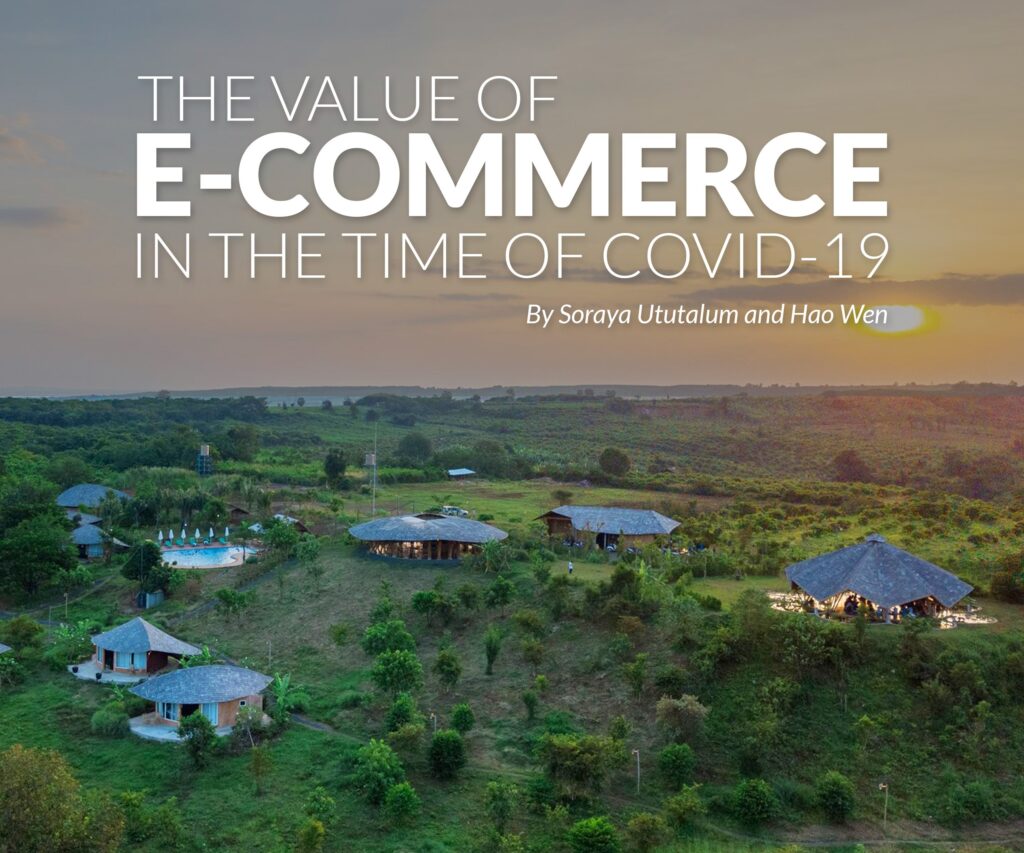
Authors: Soraya Ututalum and Hao Wen For businesses to survive during this pandemic, we must open our eyes to opportunities and venture forward armed with the right knowledge and tools This was Mr. Vandong Thorn’s rallying cry after a year of keeping his Hanchey Bamboo Resort afloat in the midst

Nearly a year after the World Health Organization declared the end to COVID-19 as a global health emergency, women and


For this year’s World Water Day 2023 celebration, the Mekong Institute (MI) joins the global movement in recognizing the fundamental

Author: Than Tha Aung In July 2021, Mekong Institute (MI) and the Thailand International Cooperation Agency (TICA) rolled out its

Author: Than Tha Aung The greater Mekong Subregion (GMS) region is prone to various environmental threats, which are compounded by

Economic cooperation is central to the development of nations but perhaps more so for the countries in the Greater Mekong

A BRAND WITH A CONSCIENCE It all made sense for Khin Ohmmar Moe, Managing Director of Yangon-based Sabanan Company, Ltd.,

Khmer Artisanry may be a small dot in the growing SME industry of Cambodia but for founder Seila Polham, the

A Facebook search on Healthy and Happy Organic Farm (H2O) redirects to a page that speaks for itself—a basket of

Author: Ra Thorng Beginning in 2020, Mekong Institute (MI) and the New Zealand Aid Program (NZAP) launched a series of

Small and medium-sized food enterprises (SMEs) are the backbone of Cambodian economy. However, the country’s food manufacturing sector continues to

Globalization has sparked an increase in consumer demand for a wider variety of foods, resulting in a longer, if not

Author: Maria Theresa S. Medialdia For countries in the Greater Mekong Subregion (GMS), agri-food is a driver of food security,

AUTHOR: HUYNH THI THUY HANH In Ho Chi Minh City, 95 percent of Vietnamese buy street food. The ubiquitous sight

Authors: Soraya Ututalum and Hao Wen For businesses to survive during this pandemic, we must open our eyes to opportunities

